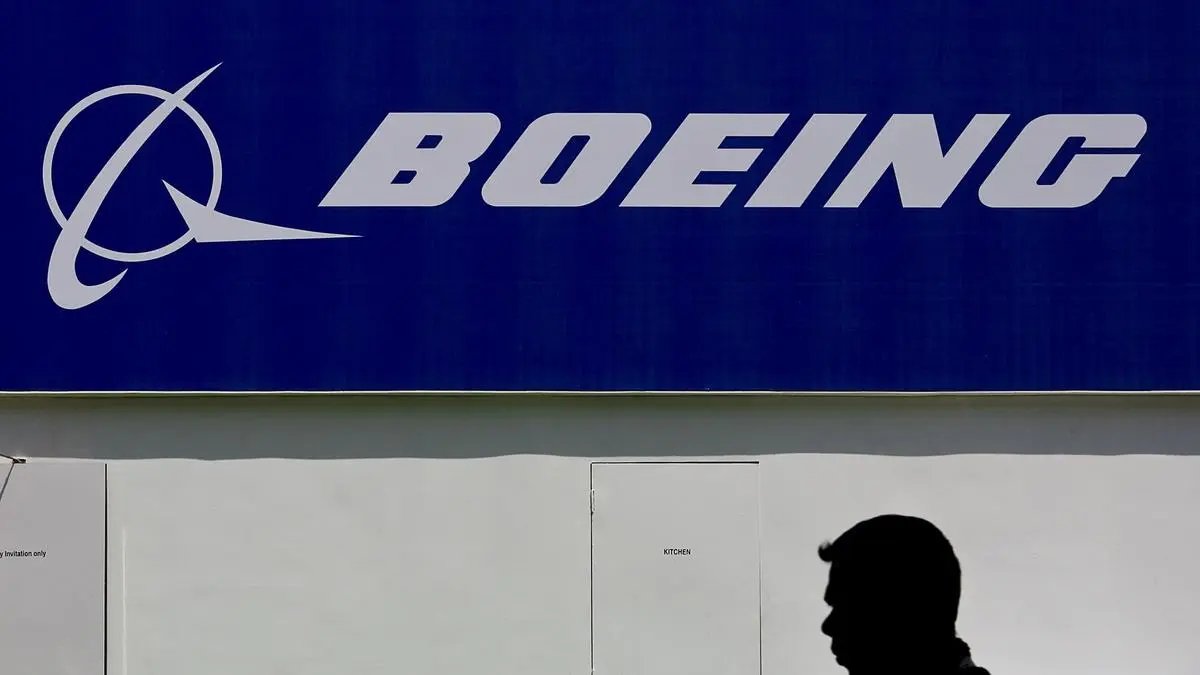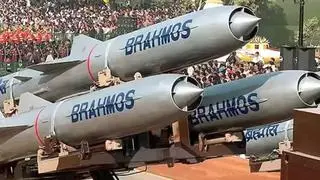Boeing open to supporting India’s regional transport aircraft programme


Boeing’s participation in the RTA project could include support for next-generation manufacturing technologies to help the programme reach production scale efficiently.
| Photo Credit:
DHIRAJ SINGH
Aerospace major Boeing is open to supporting India’s Regional Transport Aircraft (RTA) programme, as it does not compete with any of its existing product line, a senior company official told businessline.
Speaking to businessline, Salil Gupte, President, Boeing India, said the aerospace major plans to contribute advanced manufacturing technologies to help India develop “Make in India, for the World” products.
Notably, India has set the ball rolling on its plan to manufacture a commuter aircraft with a range of 600–700 km through the formation of a dedicated special purpose vehicle (SPV).
businessline was the first to report last year that the Ministry of Civil Aviation had sought approval from the Ministry of Finance to move forward with the formation of this entity.
The proposed SPV is expected to bring together stakeholders from the public and private sectors, including experts and representatives from technology providers, air framers and related industries, sources had told businessline.
According to Gupte, Boeing’s participation in the RTA project could include support for next-generation manufacturing technologies to help the programme reach production scale efficiently.
“We don’t have an airplane in that space (segment), so naturally it doesn’t compete with any Boeing products,” he said, adding that the project aligns with India’s long-term aviation and industrial ambitions.
Besides, Gupte noted that India’s aviation growth must be backed by the parallel development of the entire ecosystem—including pilot training, maintenance, repair and overhaul (MRO), and aerospace industrialisation.
“Our mission is to enable every single Indian to fly someday, but that also means building the ecosystem that can maintain aircraft at the highest levels of safety and efficiency,” he said.
Separately, Gupte pointed out that the recent Aircraft Objects Act, which aligns India with global norms under the Cape Town Convention, could help reduce leasing costs if implemented in full spirit.
“If the implementation rules follow the global framework, the risk premium on aircraft leasing for Indian carriers will come down, making lease rates more competitive,” he said.
Accordingly, the Act will lower the leasing and financing costs of aircraft for Indian carriers, thereby also reducing airfares. At present, the majority of commercial aircraft in India are leased.
The cautionary note comes after some lessors have objected to India’s draft aircraft leasing rules.
Furthermore, industry insiders have expressed concerns over the Draft Protection of Interests in Aircraft Objects Rules, 2025 which have been released for public consultation.
The enactment of these rules are expected to improve India’s compliance score of the AWG’s (Aviation Working Group).
Consequently, Indian airlines will become eligible for CTC discounts, which will significantly reduce leasing costs by approximately 8 to 10 per cent.
In addition, Gupte cited that for India to become a true global MRO and aerospace hub, taxation and customs processes for the import and export of aircraft parts also need to be made competitive with existing centres such as Singapore and Dubai.
More Like This

Published on November 5, 2025


